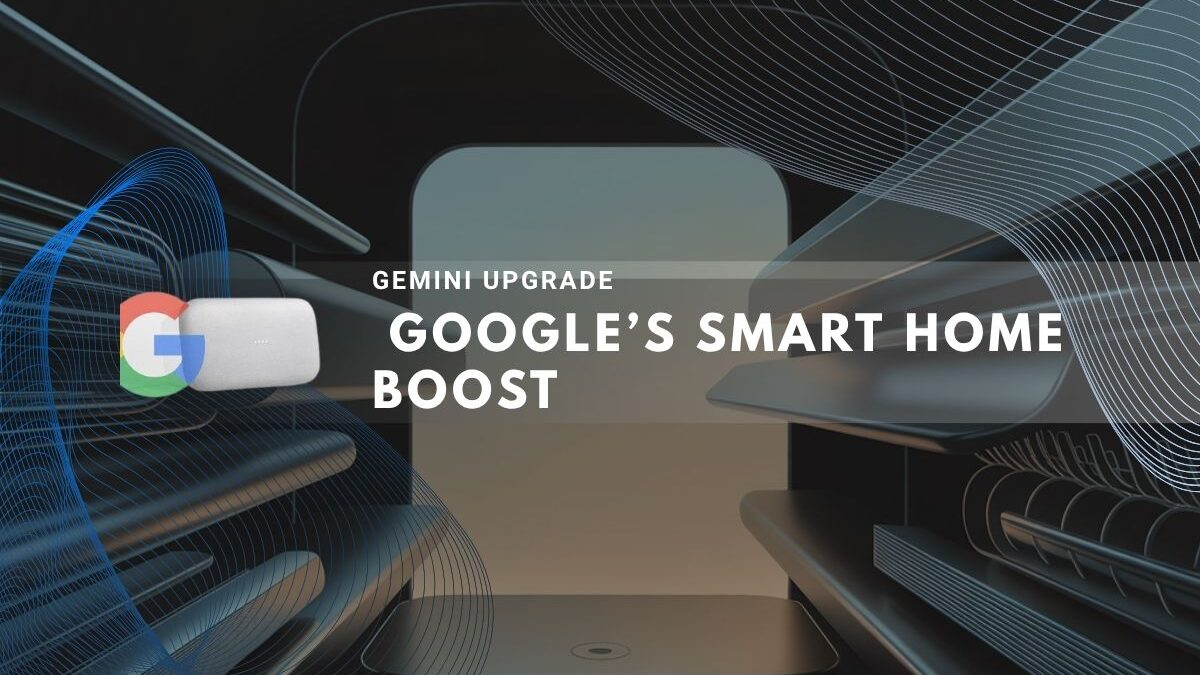Google is rolling out Gemini for Home, an AI-driven upgrade to its smart home platform, beginning October 1, 2025. This release replaces the legacy Google Assistant on compatible Home and Nest devices with more natural language processing, advanced media controls, intelligent camera alerts, and simplified automation creation.
Restoring Reliability
A July 2025 survey of nearly 10,000 Google Home users found that 71.5 percent reported serious glitches—failed routines, misheard commands, and slow responses—over the preceding months. In response, Google apologized and committed to major updates. Migrating to Gemini for Home represents the most extensive overhaul of the Assistant platform in ten years and addresses core stability concerns.[1][2]
Natural Language Conversations
Gemini’s large language models interpret context and execute multistep voice requests without rigid phrasing. For example, users can say:
“Dim the living room lights, set the thermostat to 72 °F, and play classical music,”
and Gemini will perform all actions seamlessly.[3]
Advanced Media Controls
Gemini for Home integrates with major streaming services for nuanced media requests, such as:
- “Play 1980s synth pop hits.”
- “Stream award-winning film soundtracks.”
- “Start my evening jazz playlist.”
Playback commands, volume changes, and device transfers now respond more quickly and accurately.[3]
Intelligent Camera and Doorbell Alerts
Gemini upgrades Nest cameras and doorbells with AI descriptions, notifications, and daily summaries:
- AI Descriptions provide detailed event labels (e.g., “USPS delivery driver placing a package”) instead of generic “motion detected” alerts.[4]
- AI Notifications surface short descriptions in real time.
- Home Brief compiles a daily summary of key events for quick review.
- Ask Home lets users search video history by natural language questions like “What time did the kids arrive?”.[5][4]
Simplified Automation Creation
The “Help Me Create” feature generates routine drafts from plain-language prompts. For instance, saying “Turn on porch light at sunset and lock doors at 10 p.m.” produces a proposed automation ready for user approval, eliminating manual menu navigation.[3]
Device Compatibility and Rollout
Gemini for Home supports all Google Home and Nest speakers, displays, cameras, and doorbells released since 2015, except first- and second-generation Nest Learning Thermostats, which lose cloud support on October 25, 2025. Migrating older devices required extensive firmware rewrites and app updates to reduce crashes and improve load times.[6][7][8][3]
| Device Type | Models Supported (2015–2025) | Unsupported Thermostats |
|---|---|---|
| Smart Speakers | Home, Mini (1st gen), Max, Nest Audio | Nest Learning Thermostat 1st & 2nd gen |
| Smart Displays | Nest Hub (1st & 2nd gen), Nest Hub Max, Home Hub | None |
| Cameras and Doorbells | Nest Cam series, Nest Doorbell, onn Wired partner | None |
| Wi-Fi and Hubs | Nest Wifi, Wifi Point, Nest Mini (2nd gen) | None |
Early Access begins October 28, 2025 in the U.S., Canada, U.K., Australia, New Zealand, and Ireland, expanding to other regions in early 2026.[9][10]
Rebuilding User Trust
Anish Kattukaran, Google Home and Nest Chief Product Officer, stresses that trust will be regained through frequent updates, transparent status reporting, and community engagement on platforms like X and Reddit. The ongoing migration from the Nest app to Google Home underlines a multi-year commitment to platform stability and user satisfaction.[2][11][3]
